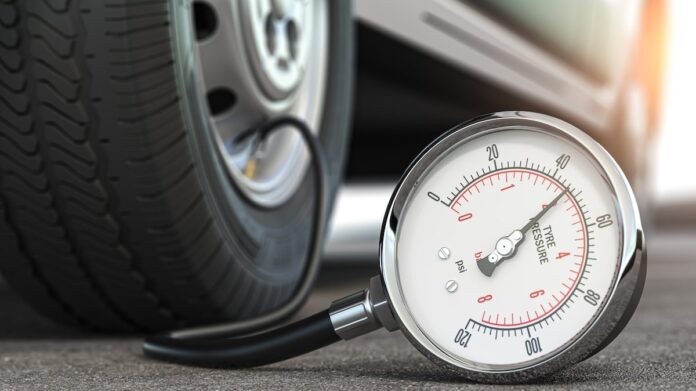Last Saturday marked Zero Emissions Day and while you may think you’re doing your part, there are some surprising driving habits that could be harming the environment.
Car expert, Dawn Cranmer from car warranty providers, ALA Insurance, comments on drivers’ environmental impact, stating:
“While small actions may seem inconsequential on their own, over time, even seemingly insignificant decisions can have negative consequences on the environment.”
He adds, “Many drivers unknowingly underestimate their impact on the environment because the effects of their actions aren’t always immediately visible, and they may not fully understand the link between their driving habits and its effects. Even with fully electric cars, there’s still an environmental impact to consider.”
For shorter trips or errands, ALA Insurance recommends opting for alternatives like biking or walking, which not only reduce emissions but also promote physical activity. And don’t forget to protect your bike with cycle insurance for added peace of mind on the road.
With this in mind, Dawn has provided tips on eco-friendly driving habits to help reduce the environmental impact of your car:
Looking to drive smoother and cleaner?
Make it a habit to regularly check your tyre pressure and ensure they’re properly inflated as under-inflated tyres can decrease fuel efficiency and increase pollution, while also compromising vehicle handling and braking performance.
“Maintaining optimal tyre pressure not only improves fuel efficiency but also ensures safety on the road,” says Dawn. “It’s not just about keeping your ride smooth; it’s about cutting down on emissions too. Aim to check your tyre pressure at least once a month to keep your driving experience smooth and eco-friendly.”
Running a vehicle’s engine while it’s not in motion, known as idling wastes fuel and emits pollutants.
Dawn suggests, “If you anticipate being stationary for longer than a minute or two, turn off your engine to conserve resources and reduce pollution.”
He adds, “Idling for extended periods contributes significantly to air pollution. It’s a small change with a big impact. For instance, idling might be unavoidable in traffic, but your engine should be turned off when waiting outside to pick someone up.”
In addition to its environmental impact, idling unnecessarily can also result in fines. In the UK, fines for excessive idling can range from £20 to £80 which is not just bad for the environment but your bank account also.
Who doesn’t love a blast of cold air on a hot day? But think twice before cranking up the air con as excessive use of air conditioning strains the engine and leads to higher emissions and fuel consumption.
Dawn says, “While air conditioning provides comfort, overusing it can have negative environmental consequences. Use it sparingly, and consider rolling down the windows first and let the breeze in when you can instead.”
“Reserve air conditioning for extreme temperatures or when driving at high speeds on highways, where open windows may not be effective. Your wallet and the planet will thank you,” he adds.
Be kind to your accelerator and brakes; aggressive driving isn’t always obvious, but certain moments on the road can lead to unintentional habits that negatively affect the environment.
“We all know rapid acceleration and hard braking can increase fuel consumption and emissions,” Dawn expresses, “it’s those split-second decisions, like rushing to beat a red light or overtaking slower vehicles, that can tempt even more cautious drivers.”
He continues, “When you’re in a rush or running late you can feel the urge to hurry, but adopting a calmer driving style benefits both the environment, while making the roads a safer place for you and other drivers.”
While electric cars don’t produce emissions like traditional petrol or diesel vehicles, aggressive driving can still impact energy efficiency and battery range due to increased power demand and regenerative braking effectiveness.
Dispose of motor oil, coolant, and other hazardous fluids properly.
Dawn states, “Improper disposal can lead to contamination of soil and water sources, ultimately affecting air quality through secondary processes such as evaporation. Make sure to dispose of hazardous materials responsibly and in accordance with local regulations to prevent further environmental harm.”
Electric cars don’t require motor oil or coolant, although proper disposal of components like batteries is crucial for environmental protection, ensuring they’re recycled or disposed of responsibly.


